Remember the days of turning on your TV and immediately finding BBC One or ITV at the top of the list?
Those days are fading, thanks to the likes of Amazon’s Fire TV, Roku and Smart TVs, where Netflix or Amazon’s Prime Video often take centre stage, with traditional Electronic Programme Guides (EPGs) becoming almost obsolete.
Instead of scrolling through an EPG, you’re now more likely to click on a Disney+ or Netflix app. This shift has left Public Service Broadcasters (PSBs) scrambling for your attention, and that’s where the Draft Media Bill comes in.
Just this week, the Culture, Media and Sport Committee shook up the UK’s television landscape with a new report that suggests new changes to the government’s Media Bill.
Imagine a world where your smart TV’s home screen features BBC iPlayer and ITVX front and centre, or even a remote control with dedicated buttons for these services.
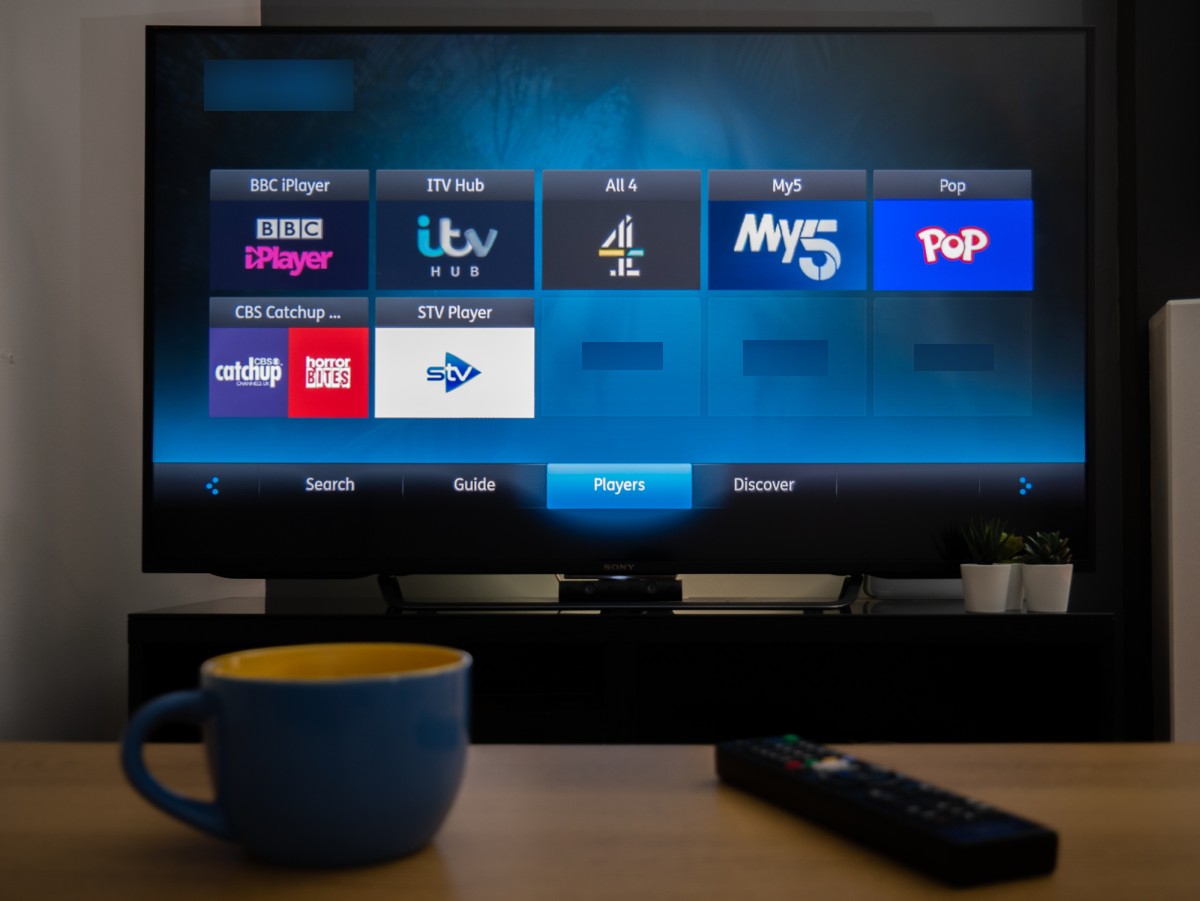
That’s precisely what the Draft Media Bill aims to achieve. It’s not just about making it easier to find EastEnders or Coronation Street – it’s about ensuring these iconic British shows don’t get lost in the sea of streaming options.
But the Bill doesn’t stop at modern smart TVs. It also addresses the challenges posed by older “legacy” devices – think of that old Freeview box you’re still using – could these devices even handle the new changes, or will they become obsolete?
And let’s not forget about Freeview’s future transformation into Freely, which was announced this week – a service aiming to deliver live TV over broadband. How will this new venture fit into a landscape where the UK’s Public Broadcasters are fighting for prominence?
Significant VS Appropriate Prominence
In its new report, The Culture, Media and Sport Committee recommends that using the word “significant” instead of “appropriate” to describe how visible Public Service Broadcasters should be will make the rules clearer and better match the goals of the Draft Media Bill.
But not everyone agrees, as detailed in the committee’s report.
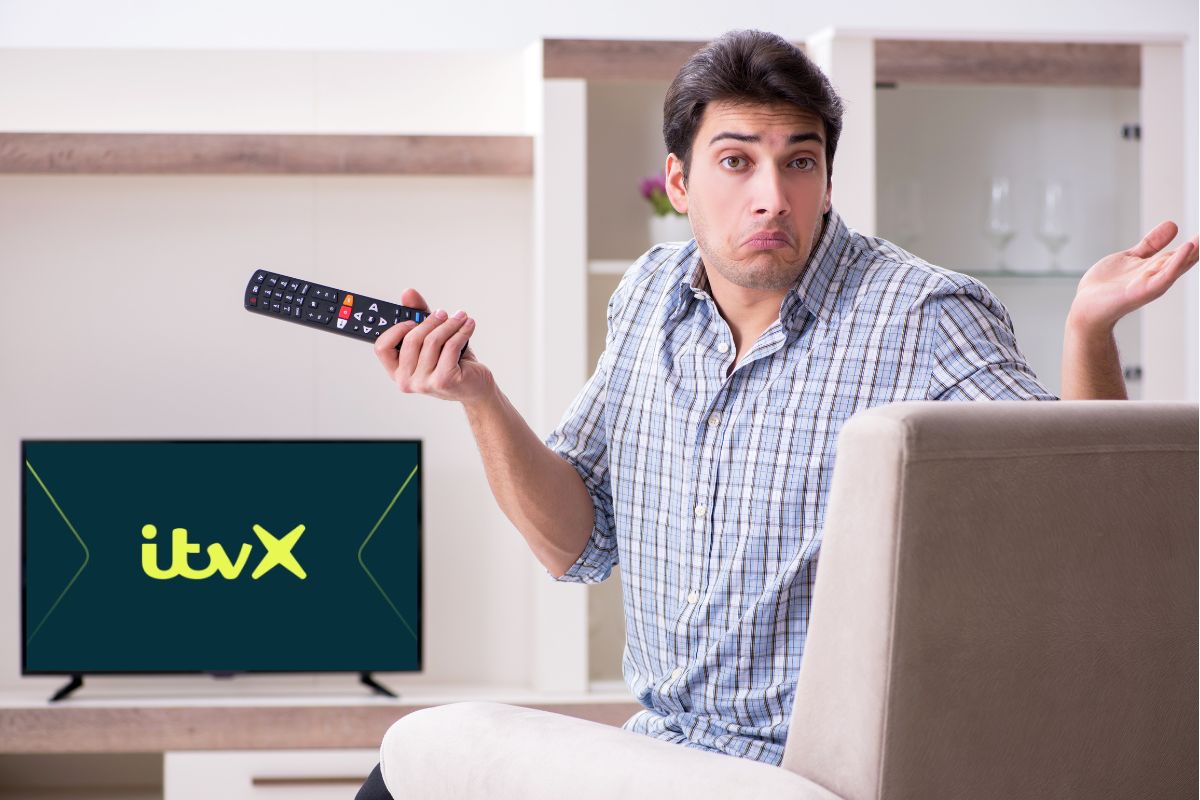
ITV, for instance, questions the necessity of this change. They argue that “significant prominence could be appropriate and appropriate prominence could be significant.” In other words, why fix something that isn’t broken?
Alistair Law, Director of Policy at Sky, takes it a step further. He’s concerned that the term “significant” could override what you, the viewer, actually want to watch.
He illustrates this with an example: “If you imagine somebody using a Sky remote to search for Brassic, one of our comedies set in the north-west of England, it would be disproportionate for the first search results returned to be non-Brassic programmes from the public service broadcasters and then the result of Brassic only coming fifth, sixth, seventh down the line.
This is a crucial point. If you’re searching for a specific show on a platform like Sky, you don’t want to be bombarded with BBC/ITV/Channel 4/Channel 5 content that has nothing to do with your search.
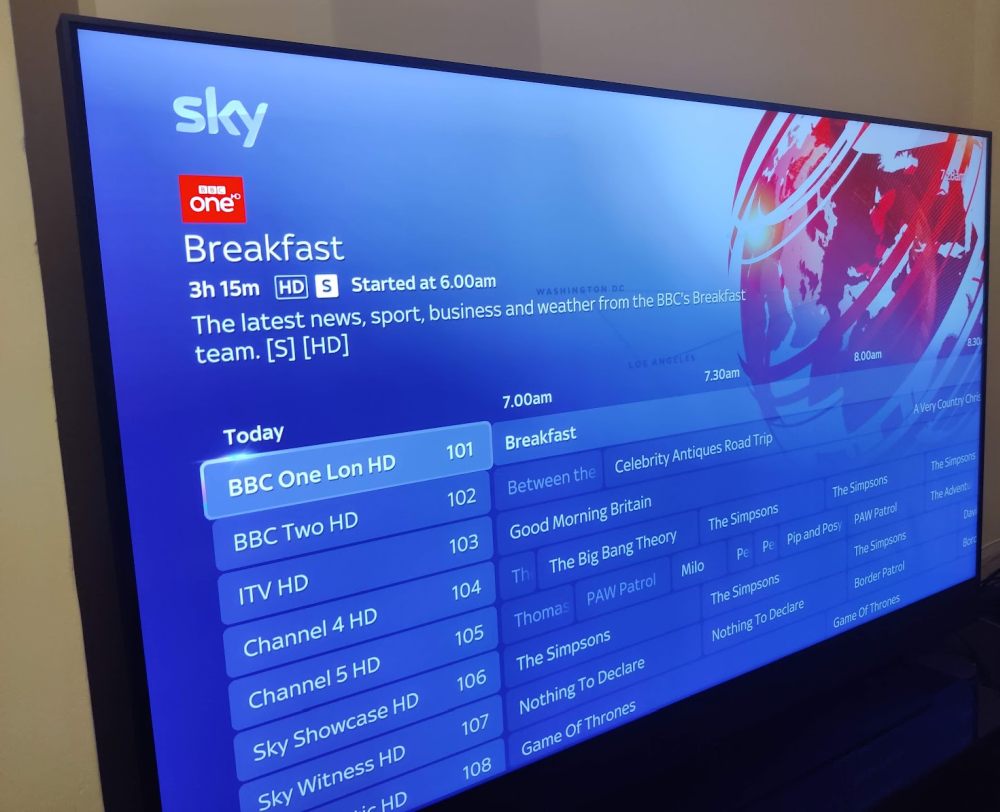
Law argues that the term “appropriate” has already been shown to deliver high levels of prominence for PSBs without compromising viewer preferences.
The Legacy Issue: What About Old Devices?
When we talk about modernising TV selection services, it’s easy to focus on the latest smart TVs and streaming devices. But what about the older devices that many people still use?
These “legacy devices,” as they’re called, present a unique set of challenges that could complicate the Draft Media Bill’s ambitions.
Magnus Brooke, Group Director of Strategy, Policy and Regulation at ITV, shed light on this issue with a cautionary tale.
He recounted ITV’s “bitter first-hand experience” of launching their new service, ITVX, on some of these older platforms.
As we previously reported, ITV Hub was removed from a long list of older devices – including popular Freeview boxes like the Humax FVP-5000t, Freesat boxes like the Humax Hb1000s, and older Smart TVs from Samsung and other manufacturers.

According to Brooke, it was “literally technically impossible to put ITVX on some of those legacy or older platforms.”
He elaborated, saying, “It was either literally impossible technically or economically entirely unfeasible to do it, partly because the software simply could not support the sophistication of the service that we were offering.”
This isn’t just a problem for ITV – it’s a problem for the entire industry. Legacy devices are often under “must-carry” agreements, which means platforms are legally obligated to feature certain channels, including public broadcasters.
If these older devices can’t meet the new requirements for “significant” prominence, what happens then? Are they exempt? And if so, does that create a loophole that could be exploited?
Both PSBs and platforms have expressed concerns about how these legacy devices would be treated under the new legislation. They argue that continuing to regulate such devices could create issues for both sides.
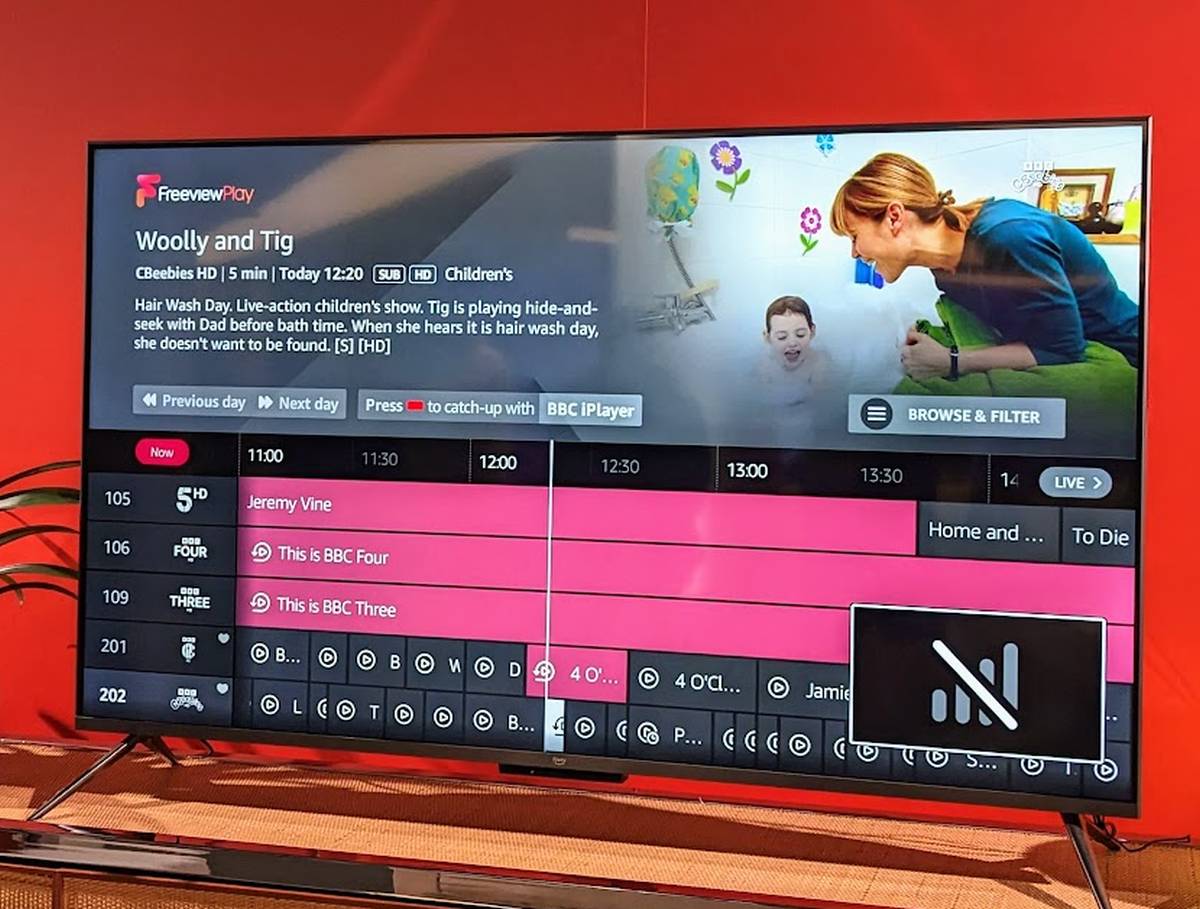
For PSBs, it could mean their content isn’t as easily accessible as it should be. For platforms, it could mean they’re stuck in a legal impasse, obliged to carry content they technically can’t.
So, while the Draft Media Bill aims to bring PSBs back into the limelight on modern devices, the issue of legacy devices throws a spanner in the works.
The BBC’s Stance And The Future Of Freeview
The BBC has been far from a passive observer in this unfolding drama. Earlier this year, they proposed adding a dedicated iPlayer button to every streaming device sold in the UK.
This was part of their broader strategy to remain relevant in the age of streaming. The idea was to make it easier for viewers to access BBC content, effectively giving the broadcaster its own form of “significant” prominence.
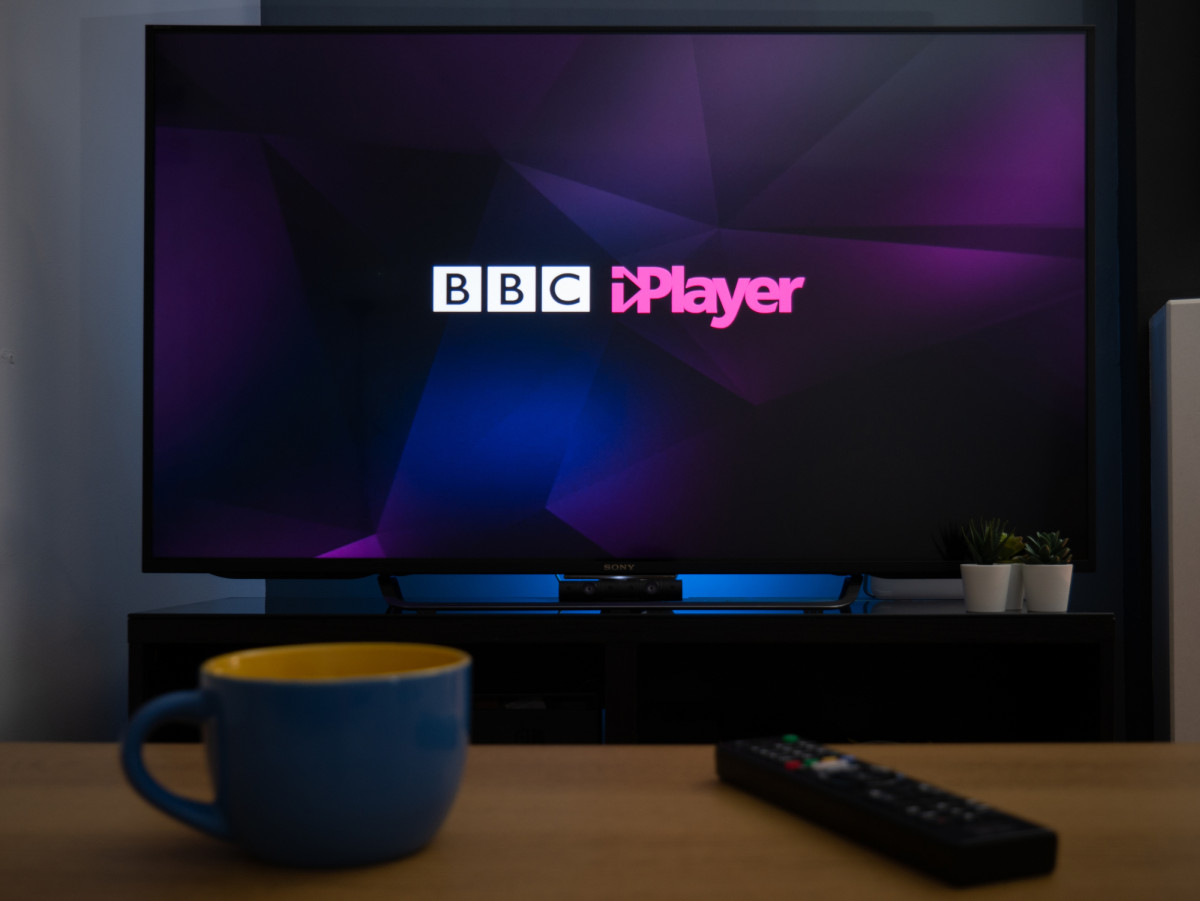
This proposal aligns well with the Draft Media Bill’s aim to modernise how we access content and could serve as a model for what “significant” prominence might look like in practice.
But it’s not just about the BBC. The future of Freeview and Freesat is also undergoing a transformation, as we reported this week.
These platforms are evolving into a new service called Freely, which aims to deliver live TV over broadband – and it’s a move that adds another layer of complexity to the prominence debate.
For instance, if Freely becomes the new standard for free TV in the UK, how will it ensure that PSB content remains prominent? Will it also be subject to the same “significant” prominence requirements as other platforms?
And if the BBC gets its way with a dedicated iPlayer button, could other PSBs demand similar treatment – which could lead to dedicated buttons for iPlayer, ITVX, Channel 4 and My5 on streaming devices like the Fire TV and Roku?
What All This Means For You
If these recommendations become law, the way you interact with your smart TV or streaming device could change dramatically.
Public broadcasters could become much more prominent, potentially altering how you discover new shows to watch.
On the flip side, this could make it harder to find non-PSB content, affecting the diversity of your viewing experience. And if you’re using older tech, you might find yourself stuck between a rock and a hard place.
The Draft Media Bill could bring about a seismic shift in the UK’s TV landscape, affecting everything from what you watch to how you watch it. It’s a complex issue, and it’s far from settled.
But one thing’s for sure: the way we watch TV in the UK is on the brink of a major overhaul.
For more TV and news updates, Subscribe to our free newsletter.
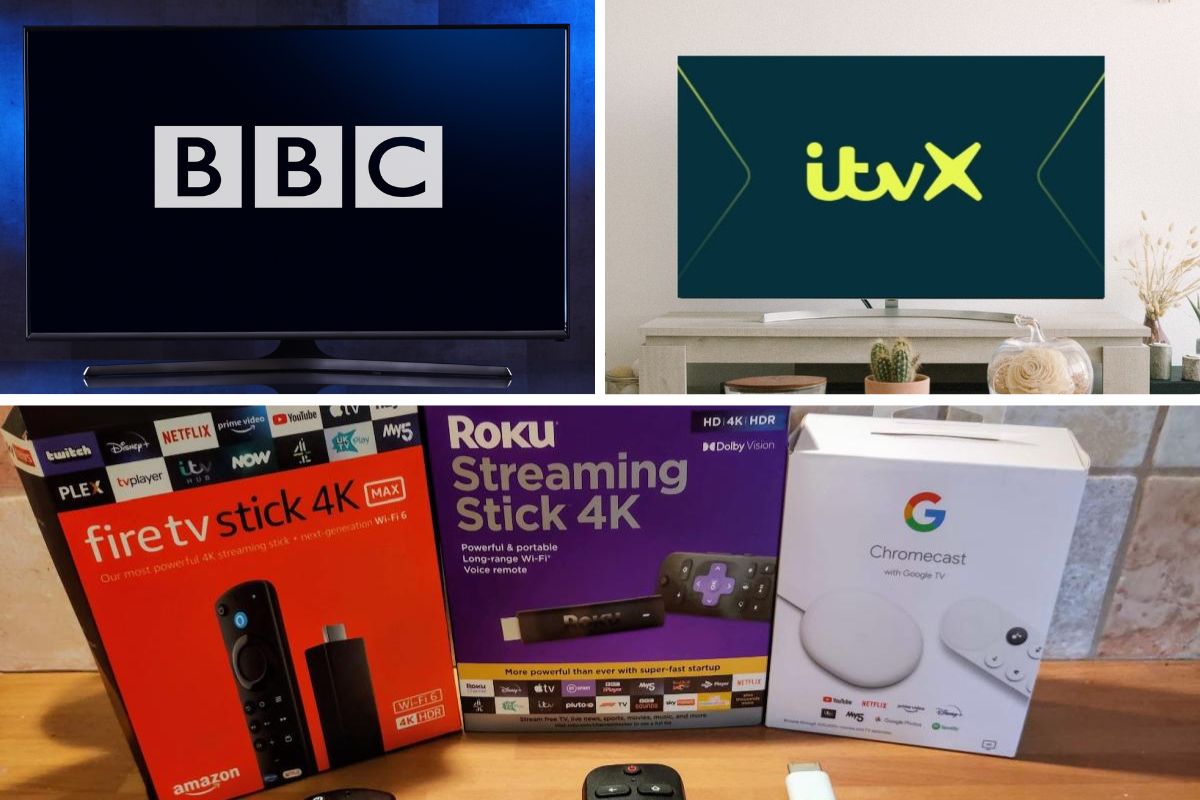
Like you said, the BBC trying to remain relevant and of course not forgetting the their tax that they’ll be allowed to continue. We do not want the BBC, those that do can pay for it, simple enough.
I actively delete or simply don’t install iPlayer, ITVX, Channel 4 and My5 as I have no interest in these services. I switched to online only to get away from these terrible channels, so the thought of being forced to possibly have un-removeable apps on my Roku or Google home screen fills me with anger. I guess with an Android box it would be possible to install a custom firmware which blocks them, but that’s a hassle.
I suppose I could live with PSB buttons on the remote. I already don’t use the buttons on my TV remote, Chromecast remote and Roku remote.
Really though, why can’t we just be free to have the apps we want to use and to Hell with the BBC!?